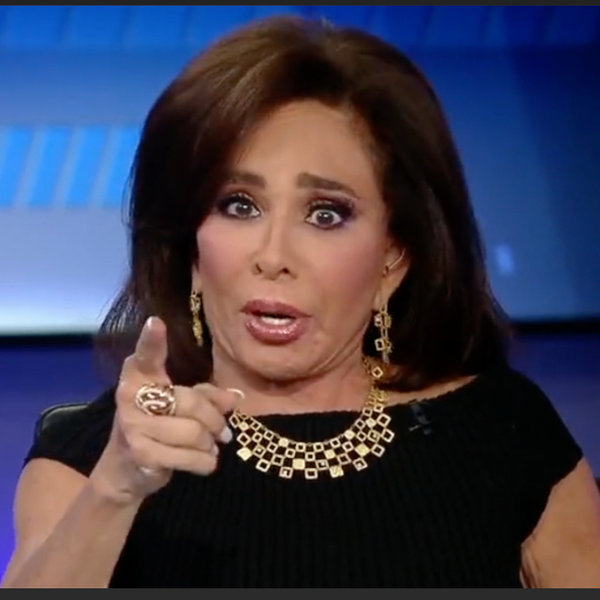A bit of respect, please, for the drug cartels. For their ingenuity, technological shrewdness, and ability to adapt their products and services to a changing marketplace.
It’s a perspective missed by both Democrats and Republicans. Politicians of both parties are too busy grandstanding about “securing” or “fixing” a border they fail fully to understand.
A series of position papers is being released by the nonprofit Immigration Policy Center detailing the failings at the U.S.-Mexico border in stark, necessary language. The author is former Arizona Attorney General Terry Goddard, and his nuanced view is a corrective to the overheated rhetoric we usually hear on the subject.
Most Americans think the trouble at our southern border is just about guns, dope and meth. Goddard argues the Mexican drug cartels are more aptly described as “transnational criminal organizations.” They are branching to new lines of business like production and distribution of pirated music, movies and software, money laundering and hijacking.
“Rather than being just a line in the desert sand, the southwest border is a complex, multidimensional interrelationship of immigration laws, cyberspace money transfers, and international business connections,” Goddard writes.
His second in a series of three reports, “How to Fix a Broken Border: Disrupting Smuggling at Its Source,” was released days ago. In almost every paragraph you can read Goddard’s exasperation with our wrongheaded border policy.
Politicians earn brownie points from voters by pumping up the rhetoric about needing “more boots on the ground,” but they are unlikely to catch a Zeta that way. “If we are serious about stopping the threat on the border, we have to dismantle the criminal organizations that carry the contraband and take away the tools that make them so effective,” Goddard writes. “Anything less will fail.”
Clearly, the U.S. is stuck at fail. Goddard points out that “success” at the border is difficult to define, and he questions whether we should take comfort in statistics that show fewer illegal border crossings.
Current enforcement approaches typically focus on chasing the contraband and the humans being smuggled, rather than stopping the enterprises behind the work. Some law enforcement efforts have had the paradoxical effect of increasing demand for the cartel’s services, such as moving people across the border.
A major fault of U.S. policy is failing fully to understand the cartels’ motivations and methods. Despite their well-deserved reputation for grisly and indiscriminate murder, the cartels are not interested in bringing that mayhem north of the border. That would be bad for business.
Consider a typical occurrence: cartel operatives dumping large quantities of drugs in order to avoid a gunfight with U.S. agents. This tactic too often works as a pacifier. Drug enforcement officials pose for the predictable media photo op. “Look, what we got!”
Meanwhile, the smugglers are long gone, on to the next transaction. Such losses are a necessary component of their business model, Goddard points out. Dump the product to ensure the business remains profitable, one step ahead of the law.
The cartels are extremely sophisticated in their intel and operations. And their raison d’etre is not violence but making money. They are as committed to profit seeking as any Fortune 500 business. Indeed, they funnel an estimated $40 billion in revenue from U.S. operations back to Mexico annually, according to Goddard.
The key to defeating the cartels will be going after the vital aspects of their businesses.
“Their communication systems must be cracked, jammed, and shut down,” Goddard writes. “Their leaders must be identified, arrested and incarcerated. Most important, the illegal flow of funds across the border into cartel pockets must be disrupted, interrupted and stopped.”
During his time as Arizona attorney general, Goddard won a $94 million settlement with Western Union; he had charged that cartels had used the company extensively in highly complicated money transfers.
His instinct as a prosecutor has been to follow the money, and he argues that the U.S. Department of Treasury needs to collaborate with the Department of Homeland Security and the Mexican government in concerted, well-organized efforts as nimble as the cartels’ own. You don’t move $40 billion across a border every year without the help of some major financial intermediaries.
The violence in Mexico is horrific, but it also prompts overblown fears here in the U.S., with the result that our border policies are often ineffective and incoherent.
If we hope to see the cartels crumble, we have to change the way we understand them. Goddard’s reports are a step in the right direction.
(Mary Sanchez is an opinion-page columnist for The Kansas City Star. Readers may write to her at: Kansas City Star, 1729 Grand Blvd., Kansas City, Mo. 64108-1413, or via e-mail at msanchez@kcstar.com.)
(c) 2012, The Kansas City Star. Distributed by Tribune Media Services








